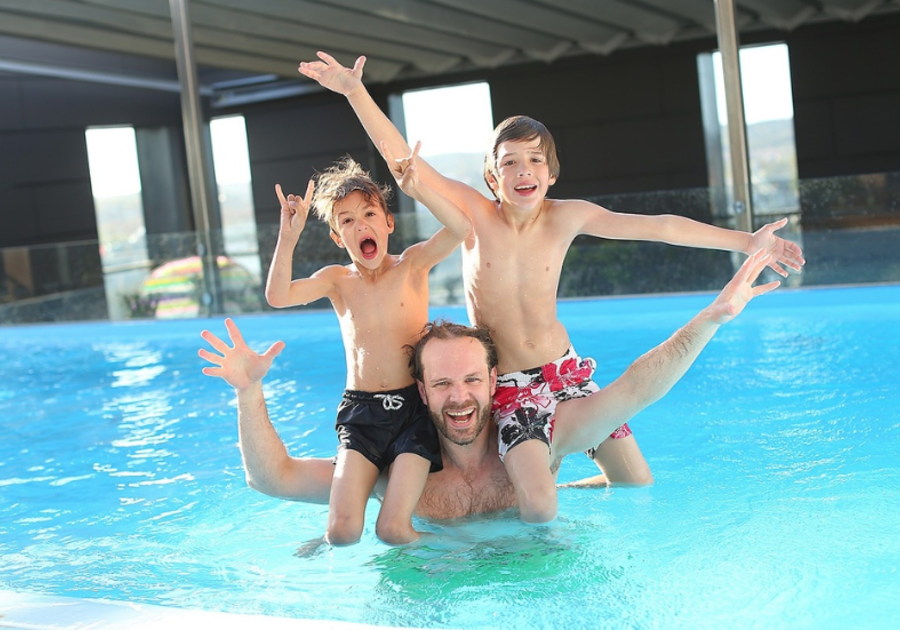Do you have a question for our experts? Email kaytd@macaronikid.com with “Ask the Experts“ in the subject line. (Please note: If we select your question for inclusion in Macaroni Kid, your name or any identifying characteristics will not be included.)How honest is too honest when it comes to kids?
Question: My husband tends to tell our kids way more information than I am comfortable sharing. For instance, he will discuss with them his holiday bonus and how it's because he works so hard that we can go on family vacations. Or tell them about his uncle being in prison for drug use--as a cautionary tale. Recently, he encouraged me to tell my kids that I attend Al-Anon. He feels it's important that they understand my family's history with alcoholism and that I serve as a good role model by seeking help. It just seems like there are certain things that need not be shared with kids. For reference, our kids are 11 and 13. Thanks for your advice!
Answer: I like your question. I can see both sides of this dilemma. Your husband has the right intention to want your children to learn that unhealthy decisions (like alcohol and drug use) can lead to a really difficult life. He also really wants them to understand that hard work has its rewards, like family vacations and other pleasant things.
It is difficult to answer your question not knowing how the family’s stories are presented to the kids, which may help explain your concern. Honesty is actually really healthy, and if presented correctly these stories can do a lot to prepare kids for life. Using a personal story complete with the negative consequences that went along can be a powerful teaching tool. There should be no glamorizing of the event in the telling of it. Your children are ages 11 and 13. It is the time when they are beginning to make choices that can impact their lives and they need guidance. There is also a genetic aspect to addiction for which your children will need to be aware.
On the other hand, your attendance at Al-Anon is private for you. The philosophy of Alcoholics Anonymous and its offshoot AlAnon (for people affected by someone else’s use of substances) and Alateen (for teenagers) is based on anonymity which encourages people to seek the help and support without shame or stigma; whether or not you share this with them is up to you.
Lastly, here is something you might think about: Many alcoholic families work very hard to keep the family drinking problem and other behaviors secret with rules like “what happens in the family stays in the family.” Children of alcoholics learn very early that it is not good/safe to share publicly or even talk about problems. On the outside, many alcoholic families look perfect. Some of your reluctance about your husband’s “honesty” may be rooted in this old pattern.
You can be proud to be considered a “role model” by your husband. It is not easy to find your way, after growing up in an alcoholic family. It is called alcoholic family because even if it may have only one alcoholic, the whole family suffers as a result. You are doing well.
To my readers: If you struggle with substances or have been impacted by someone else’s use and abuse of substances, a counselor can help you sort it out. It’s a healthy thing to do.
Luanne Starr Rhoades, LCPC, LADC, CCS is a professional counselor and the Outpatient Therapy Director at Health Affiliates Maine, a mental health and substance abuse treatment agency serving adults, adolescents, children and families. For more information or if you or someone you know needs help, call us at 877-888-4304 or visit our website www.healthaffiliatesmaine.com and click on “Referrals."



